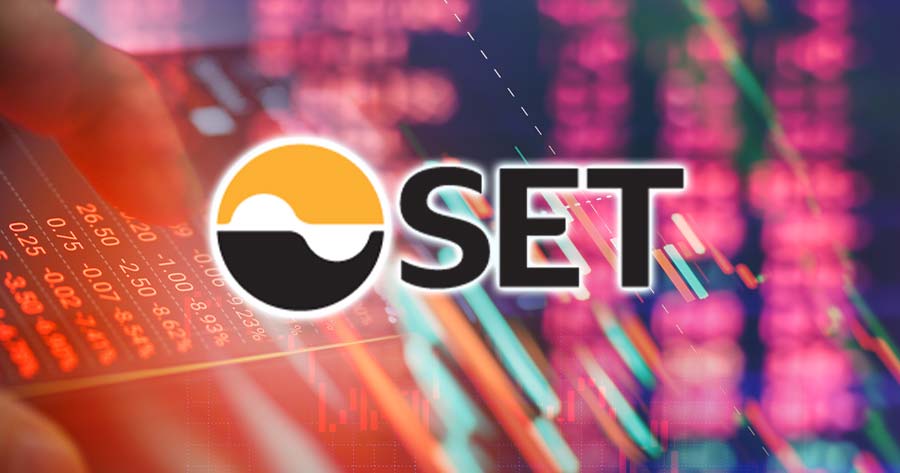At the end of the morning session on Thursday, the SET index exhibited a decrease of 18.96 points or 1.35% to settle at 1,381.25 points.
This could be attributed to raising concerns from investors over the implementation of the 15% Global Minimum Tax (GMT) to Multinational Enterprises (MNEs) with annual revenues exceeding 750 million euros starting from January 1, 2025, as outlined by the Revenue Department (RD).
Meanwhile, Krungsri Securities (KSS) has highlighted potential repercussions on Thai stocks in the wake of this development. Visit the link for further insights.
What is Global Minimum Tax Implementation?
The Organisation for Economic Co-operation and Development (OECD)’s global minimum tax, also known as Pillar Two, is a landmark international tax agreement designed to address the tax challenges arising from the globalization and digitalization of the economy. In essence, it aims to ensure that large MNEs pay a minimum level of tax on their profits, regardless of where they are headquartered or operate.
To tackle this issue, the OECD, in collaboration with the G20, developed a two-pillar solution. Pillar Two focuses specifically on establishing a global minimum tax rate.
Key Features of Pillar Two:
1) Minimum Tax Rate: Sets a global minimum corporate tax rate of 15%.
2) Scope: Applies to large MNEs with annual consolidated revenues of €750 million or more.





